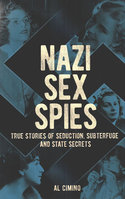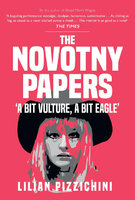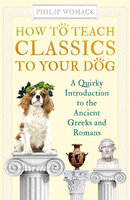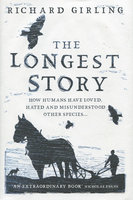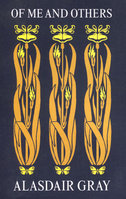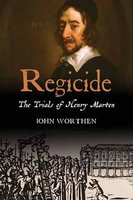New, Quality Gift Books - 50-90% off - over 2500 titles
Your basket is empty.
Categories Last Chance to buy! ROMAN LITERARY CULTURE: From Plautus to Macrobius
ROMAN LITERARY CULTURE: From Plautus to Macrobius
Book number: 92693
Product format: Paperback
In stock
Bibliophile price
£6.00
Published price
£24.62
Customers who bought this product also bought
|
NAZI SEX SPIES
Book number: 88567
Product format: Paperback
Bibliophile price
£5.00
Published price
£9.99
|
NOVOTNY PAPERS
Book number: 94738
Product format: Hardback
Bibliophile price
£6.50
Published price
£18.99
|
HOW TO TEACH CLASSICS TO YOUR DOG
Book number: 94239
Product format: Paperback
Bibliophile price
£2.50
Published price
£9.99
|
|
LONGEST STORY
Book number: 94241
Product format: Hardback
Bibliophile price
£8.00
Published price
£25
|
OF ME AND OTHERS
Book number: 94243
Product format: Paperback
Bibliophile price
£3.00
Published price
£17.99
|
REGICIDE: The Trials of Henry Marten
Book number: 94245
Product format: Hardback
Bibliophile price
£6.50
Published price
£20
|
Browse these categories as well: Last Chance to buy!, Literature & Classics, Books About Books, History

